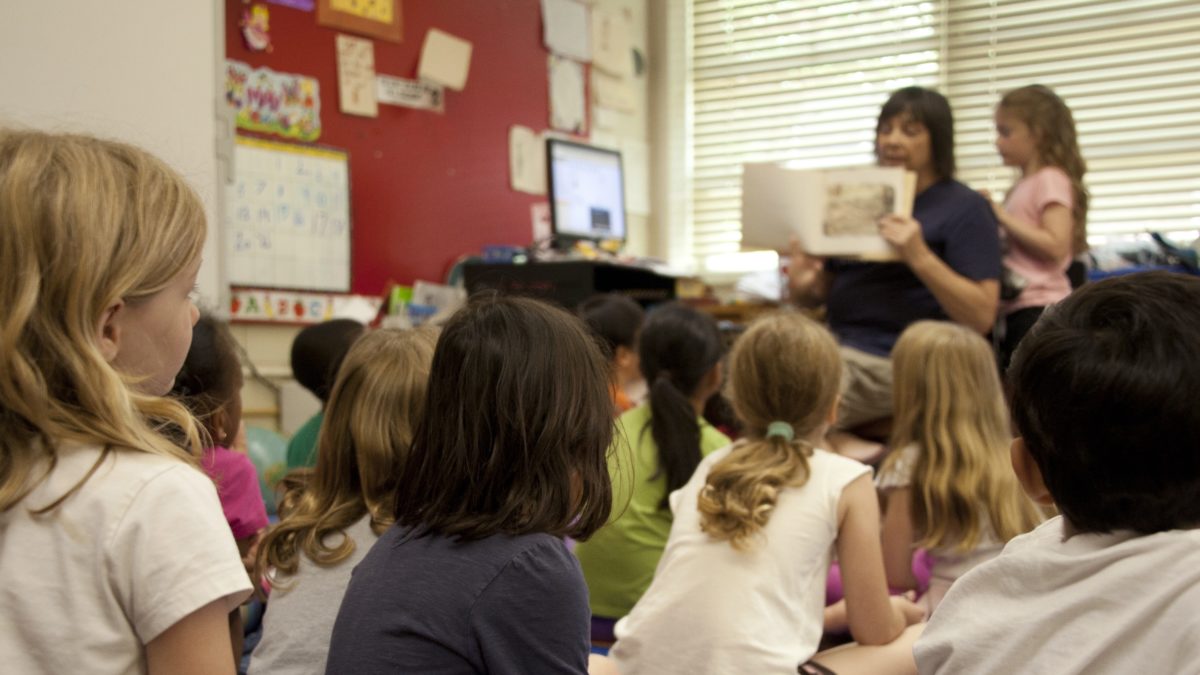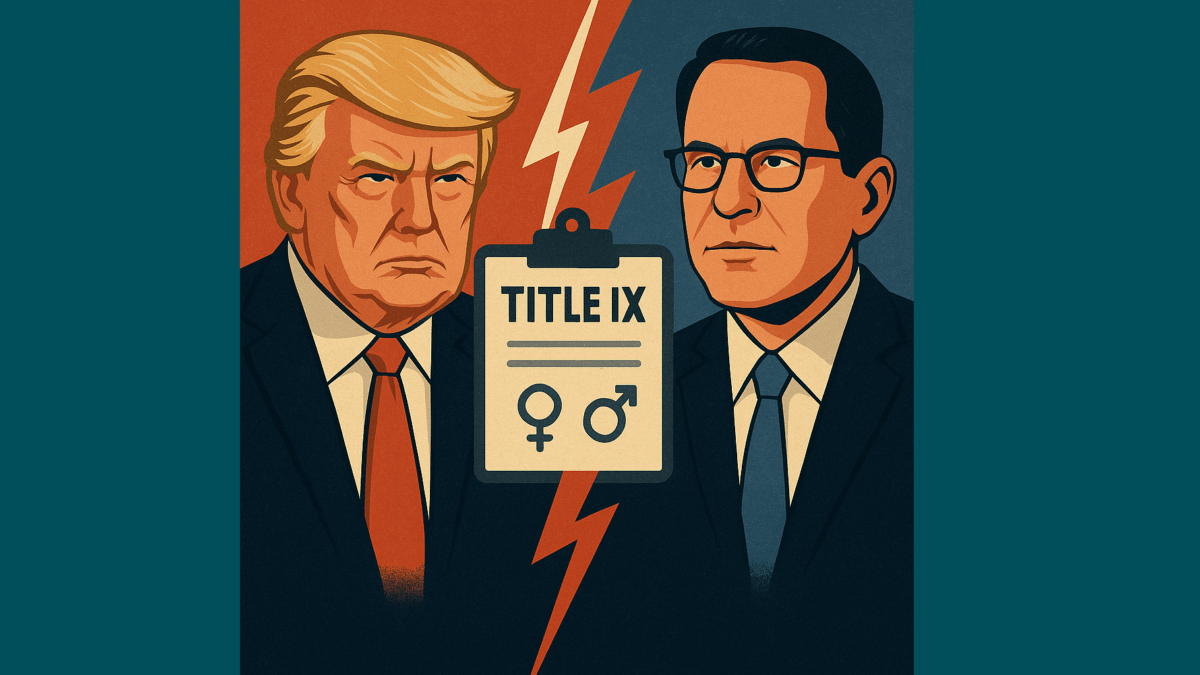David Hardy: Philadelphia’s school board needs to get out of charter authorizing
The Philadelphia school board is the sole authorizer of the city’s charter schools — and its record doesn’t look good.
Just days before the start of this school year, hundreds of Philadelphia parents and students found out that there would be no school to return to. In a last-minute meeting, the Philadelphia school board decided in a 7–2 vote to immediately close Daroff Charter School and delay the closure of Bluford Charter School until the end of the year. Blindsided parents had just a weekend to find a new school, enroll their kids, and plan transportation.
Sound familiar?
At the start of summer, another group of Philadelphia families got the unwelcome news that their charter schools had uncertain futures.
READ MORE — Another judge excoriates Krasner and team, sanctions him on candor issues
The Philadelphia school board — currently under investigation for racial bias in its evaluation decisions — voted unanimously on June 23rd to shut down charter schools that serve mostly black and brown children. Despite warnings from several city council members and the Pennsylvania Black Legislative Caucus, board members decided not to renew charters for both the Southwest Leadership Academy and the Laboratory Charter School, and that the Memphis Street Academy surrender its charter.
As the sole authorizer, the Philadelphia school board holds the responsibility for closing bad charter schools while approving — even expanding — good ones. Unfortunately, there’s an inherent conflict of interest that taints the charter evaluation process.
While parents see charter schools as providing educational alternatives, school districts see unwanted competition. After significant declines in district enrollment, there are only around 35,000 more Philadelphia students in district schools than charter schools.
The Philadelphia school board has no incentive to invest in the success of charter schools, much less to provide minimal support.
The Daroff and Bluford charter schools have been experiencing performance and organizational troubles for years. Yet, when the Daroff-Bluford board dismissed their management company last July, the Philadelphia school board offered no objections to this drastic move. Instead, the board let the situation unravel all the way to the sudden shutdown that families are now dealing with.
In the case of the Southwest Leadership Academy, Laboratory, and Memphis Street charter schools, the Philadelphia school board’s actions are even more questionable. Two of these three charter schools are Black-led, while the third, Memphis Street, serves a student body that’s 96 percent minority.
Although black-founded and -led charter schools make up only nineteen percent of charter schools in Pennsylvania, they disproportionately represent over 87 percent of closures in the last decade. The school board’s vote to close these three charter schools underlines this troubling trend.
While parents see charter schools as providing educational alternatives, school districts see unwanted competition.
Public concerns about racial bias in their charter school evaluations pushed the Philadelphia school board to open an independent investigation in December 2021 — but that’s ongoing with results expected this fall.
It’s black students’ futures at stake here. While affluent families can move to a neighborhood with a better public school or send their children to private school, low-income — and often minority — students must depend on their zip code assigned school. In Philadelphia’s worst areas, students too often find themselves trapped in severely underperforming district schools.
More than 150 of the commonwealth’s bottom fifteen percent of underperforming public schools are in Philadelphia. Charter schools are often the only public alternative for black and brown students desperate to find a better educational environment — as a percentage of student enrollment, charter schools serve more than twice the number of minority students compared to traditional school districts.
Unfortunately, the school district’s strategy is to criticize and eliminate charter schools, rather than improve its own schools.
The solution: Remove the Philadelphia school board — and all school district boards — as the sole authorizer of charter schools.
Twenty-four states have some form of independent authorizer for charter schools, whether an independent board, a higher education institution, or a nongovernmental agency. These independent authorizers can evaluate charter schools with more objectivity than what even the most well-intentioned school district could provide and put the needs of students first when evaluating charters.
An independent authorizer can also offer support to struggling charter schools or replace failing ones with better, high-performing charter schools.
It’s time to stop playing politics with students’ futures.
David P. Hardy, co-founder and retired CEO of Boy’s Latin of Philadelphia Charter School, is a Distinguished Fellow at the Commonwealth Foundation, Pennsylvania’s free-market think tank.





Dave Hardy makes a good argument for an independent authority to be in charge of Charter Schools in Pennsylvania. I do not agree with that authority having power to grant charters. I do agree with that authority having final say on the revocation of any charter. This gives the charter school an opportunity to have its side of the argument against closure heard and reviewed by an authority with the power to question the decision and either sustain or reverse it. As Dave well knows, not all charter schools are managed equally well, and that is the beauty of the charter school law inasmuch as those charter schools that fail can be closed. The exact opposite of the traditional public school.